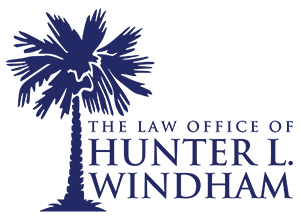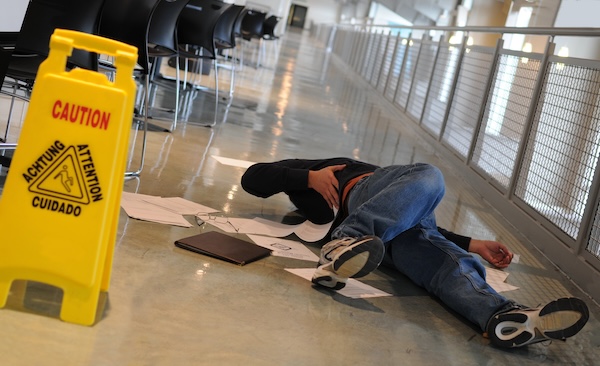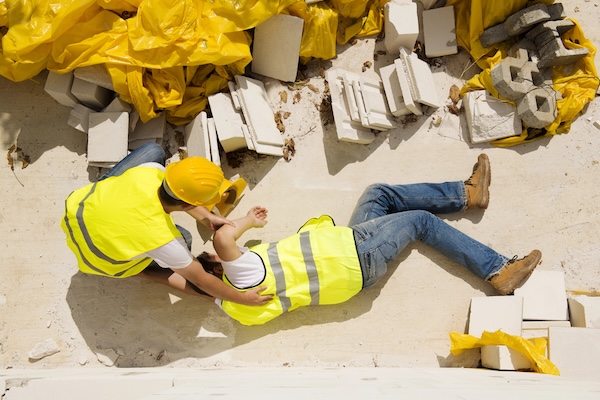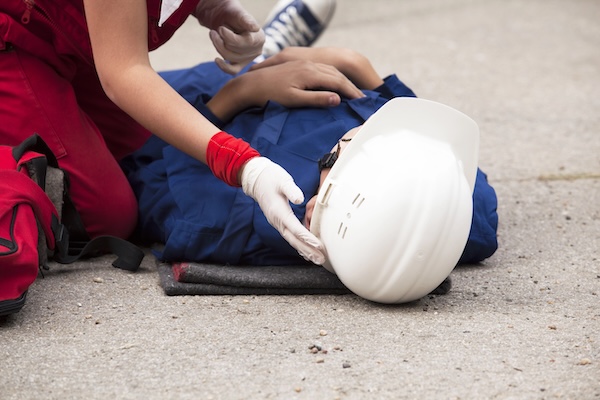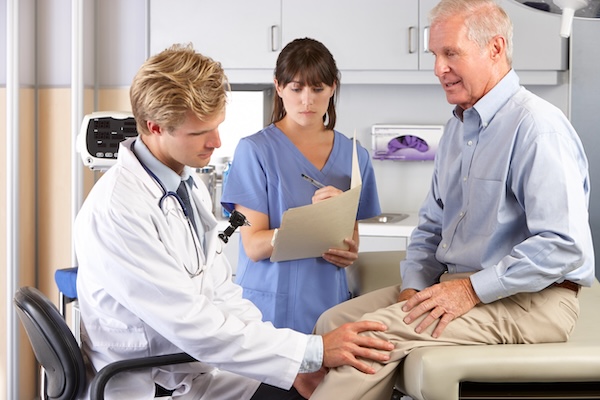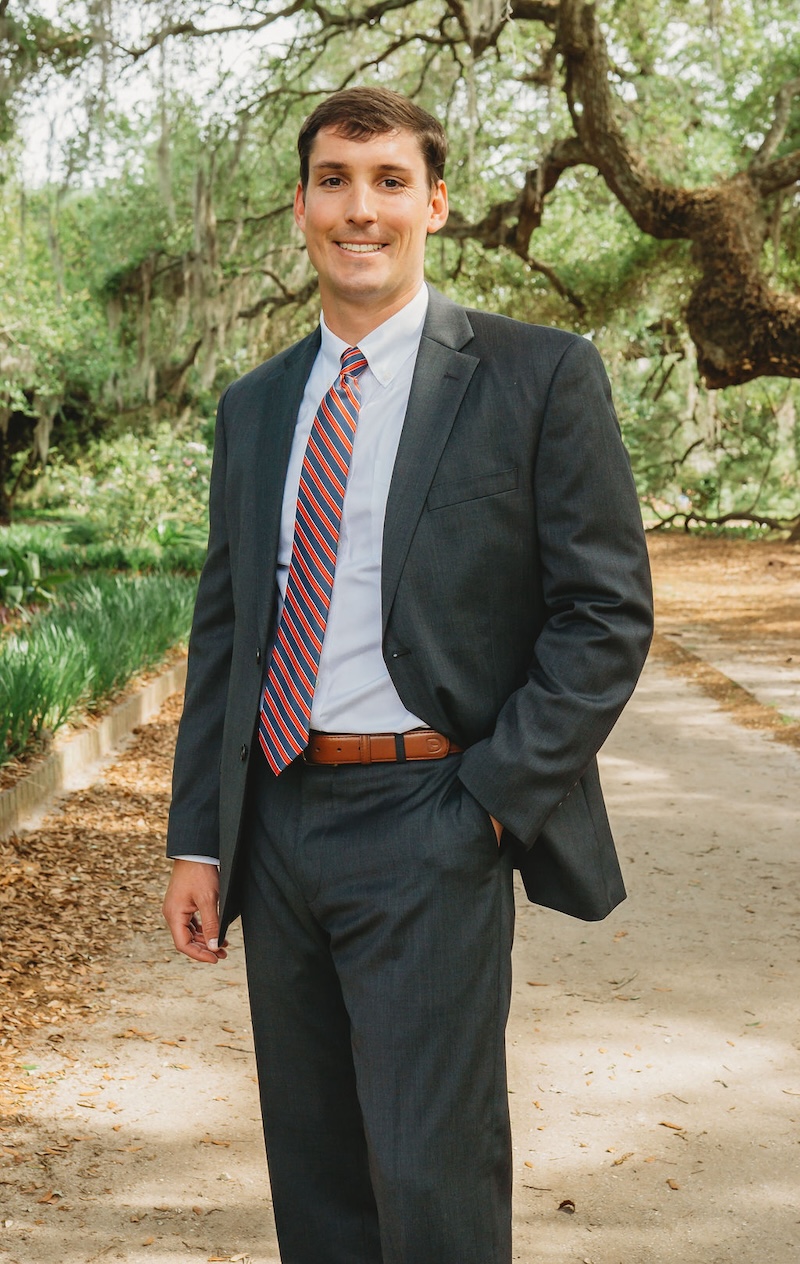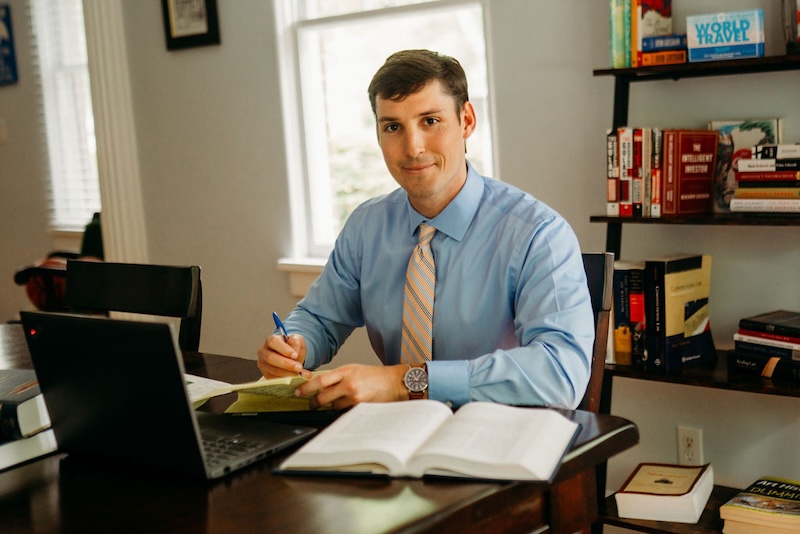Common Causes of Slip and Fall Accidents
A fall can happen almost anywhere—grocery stores, restaurants, apartment buildings, parking lots, or office spaces. What makes a slip and fall case valid for legal action is negligence. In other words, the property owner didn’t fix or warn you about a dangerous condition.
Some common examples include:
- Wet or freshly mopped floors with no warning signs
- Uneven pavement or cracked sidewalks
- Loose carpeting or floor tiles
- Poor lighting in stairwells or hallways
- Icy walkways or entrances
- Spilled food or liquids left uncleaned
- Cluttered walkways or fallen merchandise
If the hazard was known (or should have been known) and not addressed, you may have a strong premises liability claim.
Who Is Responsible?
In South Carolina, property owners and businesses have a legal duty to keep their premises reasonably safe. That duty extends to customers, tenants, visitors, and guests.
To prove a slip and fall case, we’ll work to show that:
-
A dangerous condition existed on the property
-
The property owner or staff knew—or should have known—about it
-
They failed to fix it or warn you in a timely way
-
You were injured as a direct result
Attorney Hunter L. Windham takes a thorough approach to investigating these cases, gathering key evidence like incident reports, witness statements, security footage, and maintenance records.
What Your Case Could Be Worth
A serious fall can disrupt your life in ways that aren’t always visible. We seek compensation for both economic and non-economic losses, including:
- Medical bills and rehabilitation
- Surgery or physical therapy
- Lost wages or reduced earning ability
- Pain and suffering
- Emotional distress
- Permanent impairment or disability
If your fall resulted in long-term damage—or required ongoing treatment—we’ll make sure your claim reflects the full impact of the injury, not just the immediate costs.
